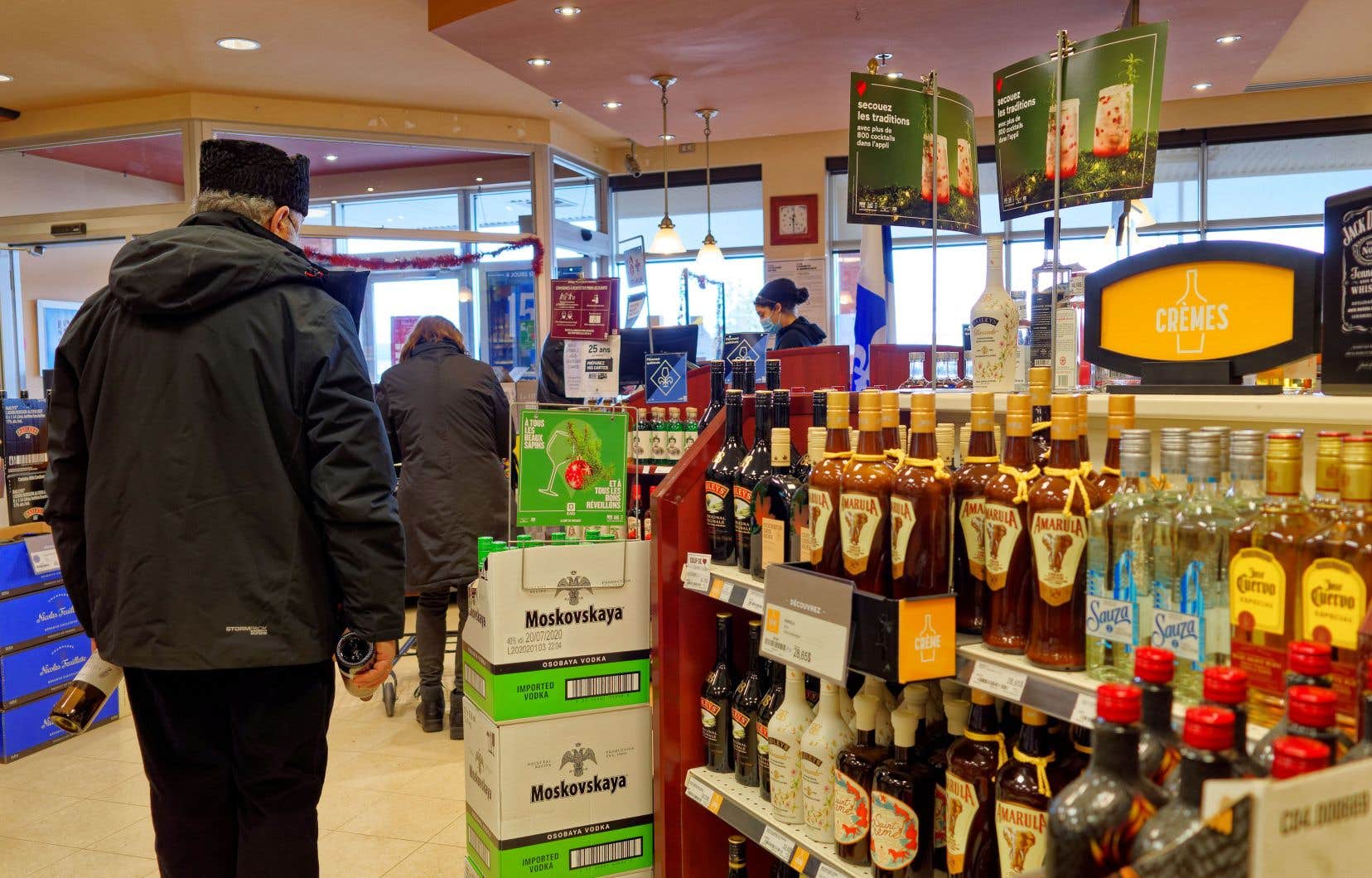In Canada, the first temperance societies emerged among Protestants in the late 1820s. Their followers preached moderate drinking, ideally abstinence, to combat household impoverishment, moral decay, and domestic violence.
Beginning in 1840, the Catholic Church experienced a renaissance in French Canada with ultramontanism, which advocated the precedence of religion over civil society. A Church that is more and more finicky, even in the private lives of the faithful. In the confessional, this tool of social control, the parishioners had to reveal their sins and mope around in guilt: “Yesterday, I took a hit… I shouldn’t have…”
Under pressure from temperance societies, provincial and federal governments initially resisted banning the liquor trade for fear of losing tax revenue. To spare the goat and the cabbage, the federal government passed a law in 1878 which grants the provinces (and by extension to the municipalities) the right to organize referenda on the prohibition of alcohol. The temperance movement took advantage of this law to make gains. In 1915-1916, all provinces except Quebec prohibited the sale of alcohol.
In the United States, a constitutional amendment imposed prohibition from 1920 to 1933. In this country as on the other side of the border with Canada, organized crime was rolling in gold thanks to the smuggling of alcohol. We had to face the facts: banning is counterproductive.
On April 10, 1919, Quebec held a referendum on legalizing the sale of beer, cider and light wine. The yes vote of more than 78% convinced the government to legislate to impose the prohibition of spirits.
The ban on spirits was abolished in 1921 with the creation of the Commission des liqueurs de Québec, which would become the Société des alcools du Québec (SAQ). The other Canadian provinces have also created their public corporations in charge of the trade in alcoholic beverages.
So it was that a moral crusade and the failure of prohibition prompted the state to regulate the sale of alcohol.
The year is 2023. Provincial governments are overly dependent on royalties from liquor stores and the SAQ for daring to restrict, even a little, the alcohol trade. Convenience stores and restaurants need to sell alcoholic beverages to stay afloat. Economically speaking, alcohol is untouchable. The debate on this consumer product remains limited to public health, with a lot of hypocrisy: moderation tastes much better, watch your health, do not drive a vehicle while intoxicated, etc., but do not touch at the profit margin.
The Canadian Center on Substance Use and Addiction (CCSA) recently made headlines with its report Canadian benchmarks on alcohol and healthwhich presents more severe guidelines than those of 2011. This report advocates increased moderation, ideally abstinence: “there are no quantities or kinds of alcohol that are good for your health”.
History, it is well known, has a tendency to repeat itself. Beneath a scientific veneer, CCSA is the reincarnation of 19th-century temperance societies.e century. And it is written in the sky that redemption-seeking Puritans, who occupy a void left by a Church in crisis, will use the CCSA report to make individuals and institutions feel guilty.
On January 21, Radio-Canada published an article on its website entitled “Could alcohol become persona non grata on TV sets?” “. What will be the next targets? The alcoholic scenes in the theater and in the cinema? Public figures who dare to relax with a drink in hand? 5 to 7 and parties Office ? Adults who consume alcohol at home in front of their children?
The debate should focus instead on the marketing strategies of the SAQ and liquor stores, ethically very questionable. Ethics, not to be confused with morality.
To see in video
We want to give thanks to the writer of this post for this outstanding material
Alcohol and morality, or when history repeats itself
Visit our social media accounts and also other pages related to themhttps://nimblespirit.com/related-pages/

